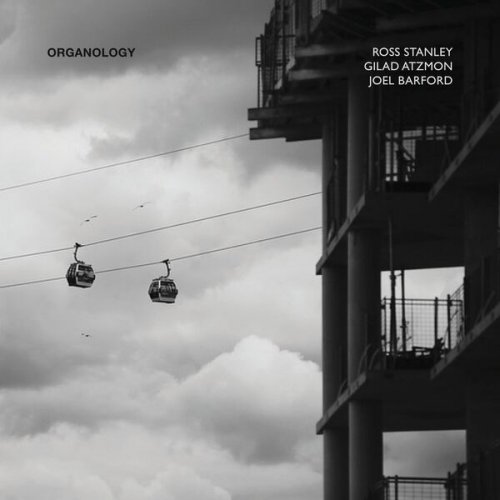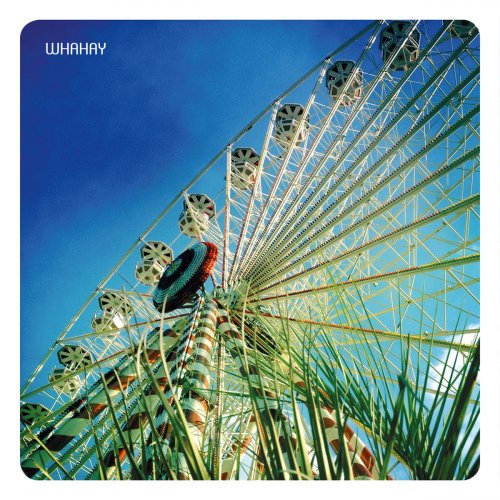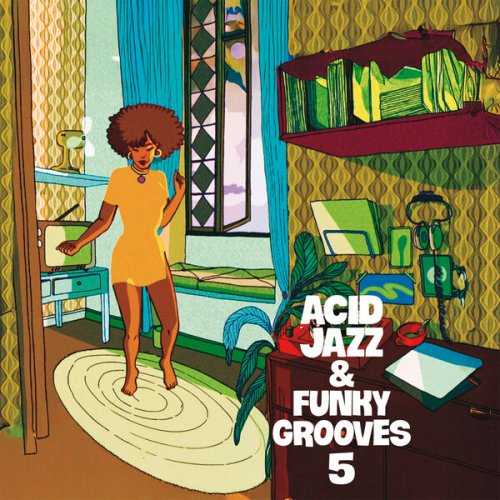Byron Schenkman - The Art of the Harpsichord (2017)
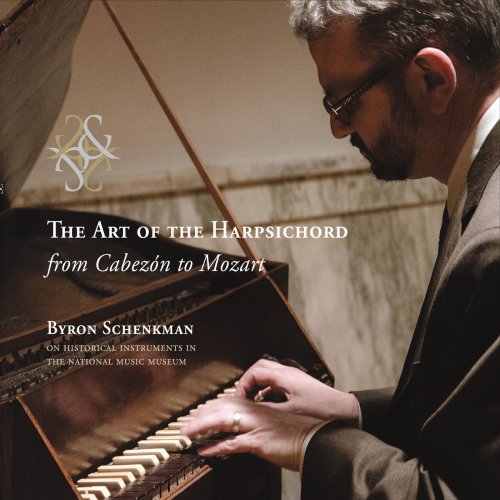
Artist: Byron Schenkman
Title: The Art of the Harpsichord
Year Of Release: 2017
Label: Byron Schenkman & Friends
Genre: Classical Harpsichord
Quality: flac lossless (tracks)
Total Time: 01:05:23
Total Size: 417 mb
WebSite: Album Preview
TracklistTitle: The Art of the Harpsichord
Year Of Release: 2017
Label: Byron Schenkman & Friends
Genre: Classical Harpsichord
Quality: flac lossless (tracks)
Total Time: 01:05:23
Total Size: 417 mb
WebSite: Album Preview
01. Diferencias sobre "El canto llano del caballero"
02. Il Ballo dell'Intorcia
03. Chi No Crede
04. Toccata I
05. Passacaglia
06. Ayre
07. A New Irish Tune
08. Toccata di Passacaglia
09. Keyboard Sonata in G Minor, K. 426
10. Keyboard Sonata in G Major, K. 427
11. Keyboard Sonata in B Minor, K. 27
12. Le Moulinet
13. Keyboard Sonata II in F Major, Wq. 56/4: I. Andantino
14. Keyboard Sonata II in F Major, Wq. 56/4: II. Presto
15. La Pothoüin
16. Les Étoiles
17. Variations On "Mio caro adone", K. 180/173c
18. Keyboard Sonata in D Major, Hob. XVI:24: I. Allegro
19. Keyboard Sonata in D Major, Hob. XVI:24: II. Adagio
20. Keyboard Sonata in D Major, Hob. XVI:24: III. Finale. Presto
21. Minuet in G Minor, G. 242
From the CD sleeve: The National Music Museum in Vermillion, South Dakota, is one of the world’s best musical instrument collections and holds a very special place in my heart. I first performed and recorded there with violinist Ingrid Matthews in 1995 (back when it was known as “The Shrine to Music Museum”) and I have enjoyed many return visits since. It is rare to find so many great examples of early keyboard instruments kept in beautiful playing condition and I am very grateful to the museum for allowing these instruments to be played and heard.
This recording project has been a vision of mine for many years. Although there are other recordings of historical harpsichords available, including some of the instruments heard here, I wanted to provide a means to hear all these instruments side by side with as much kept constant as possible: the same harpsichordist, same engineer, and same room. All these factors make such a difference in how an instrument sounds. I also wanted to fit the repertoire as closely as possible to each instrument. For example, the pieces by Henry Purcell were published in the same year and the same city in which the Charles Haward spinet was built, and the Mozart variations were published in Paris just a few years before the Jacques Germain harpsichord was built there. John Koster offered valuable guidance in choosing repertoire for some of the instruments, pointing out the connection with the print by Andrea Antico for example (see notes), and sending me a copy of the charming piece by Johann Heinrich Silbermann – a rare chance to hear an original composition by the harpsichord builder himself! At the same time I chose pieces that I found musically rewarding, striving to make an enjoyable listening experience as well as an informative survey.
![Bobby Meckam - Trumpet and Jazz in Strings (1981/2025) [Hi-Res] Bobby Meckam - Trumpet and Jazz in Strings (1981/2025) [Hi-Res]](https://www.dibpic.com/uploads/posts/2025-12/1766062047_cover.jpg)
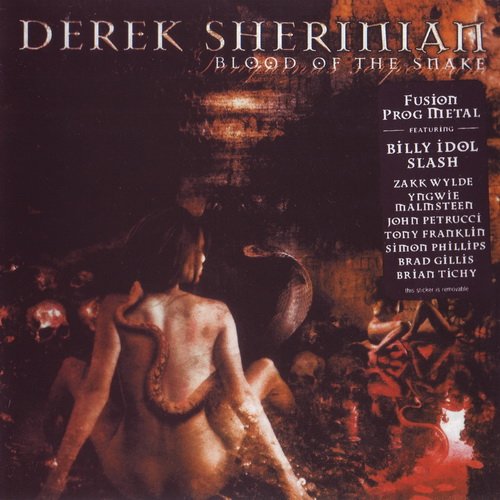

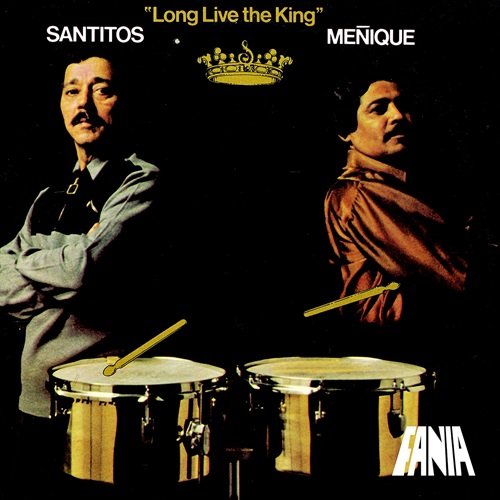
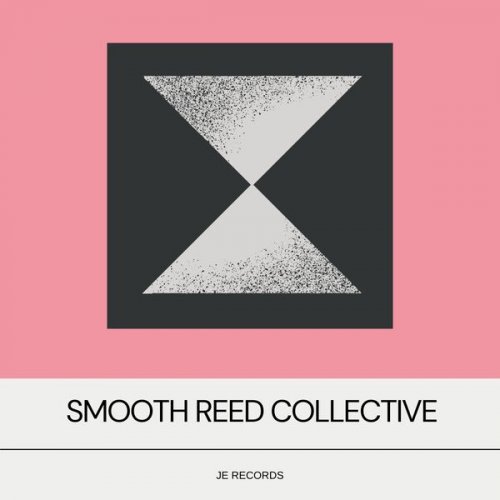
![Bryan Ferry - Bitter-Sweet (2018) [Hi-Res] Bryan Ferry - Bitter-Sweet (2018) [Hi-Res]](https://www.dibpic.com/uploads/posts/2018-11/1543491501_folder.jpg)
